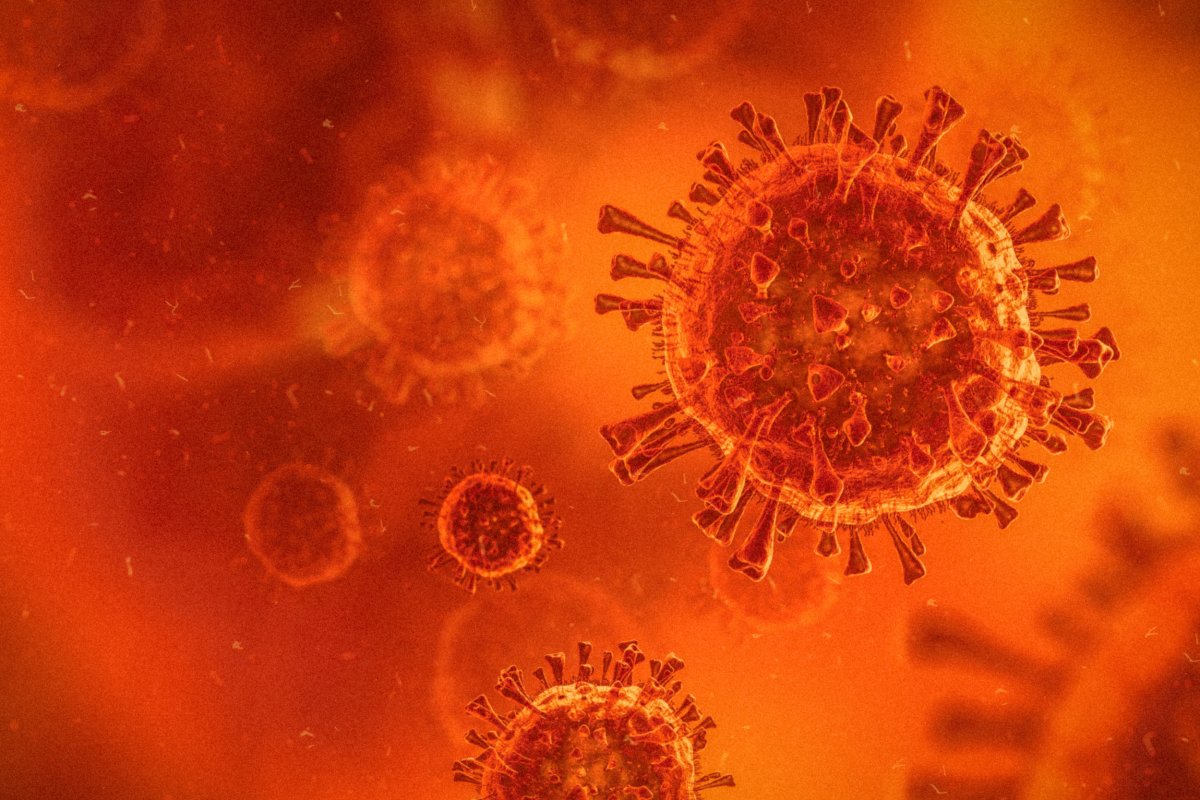A mutation that has appeared in a variant of the coronavirus has been described as "alarming" by a top scientist.
The E484K mutation is present in a variant first detected in South Africa towards the end of last year that has now spread to at least 12 other nations.
The variant is thought to be more transmissible than the form of coronavirus that first emerged in China, although it does not appear to cause more severe disease.
But some experts are concerned that the E484K mutation in this variant has the potential to decrease the efficacy of COVID-19 vaccines.
Penny Moore, from the National Institute for Communicable Diseases, a national public health institute in South Africa, told CNN: "We fear this mutation might have an impact, and what we don't know is the extent of the impact," describing the mutation as "alarming."
COVID-19 vaccines work by inducing the body's immune system to produce proteins known as antibodies that locate and neutralize the coronavirus.
There is emerging evidence from a handful of recent studies to suggest that E484K might enable the South African coronavirus variant to reduce the ability of some antibodies to neutralize the virus, including a non-peer-reviewed paper published on the pre-print server bioRxiv.
Researchers around the world are still investigating whether or not the mutation will reduce the efficacy of vaccines—and if so, by how much. We won't know for sure until more research is published over the coming weeks.
At this stage, scientists think its unlikely that the E484K mutation could render current COVID-19 vaccines entirely useless or drastically reduce their efficacy.
This is because the shots that are available induce a strong immune response, providing high-levels of protection against the virus.
Jeremy Luban, a virologist at the University of Massachusetts Medical School in Worcester, told Nature: "If I had to bet right now, I would say the vaccines are going to remain effective for the things that really count—keeping people from getting deathly ill."
There is also some concern over what could happen as the coronavirus accumulates further new mutations over time.
Paul Bieniasz, a virologist at the Rockefeller University, told CNN: "It creates more opportunities for the virus to learn how to be resistant to the vaccine."
He said: "It's going to be, over time, likely chipping away at vaccine efficacy, but we're not going to fall off a cliff tomorrow."

Uncommon Knowledge
Newsweek is committed to challenging conventional wisdom and finding connections in the search for common ground.
Newsweek is committed to challenging conventional wisdom and finding connections in the search for common ground.
About the writer
Aristos is a Newsweek science reporter with the London, U.K., bureau. He reports on science and health topics, including; animal, ... Read more
To read how Newsweek uses AI as a newsroom tool, Click here.








